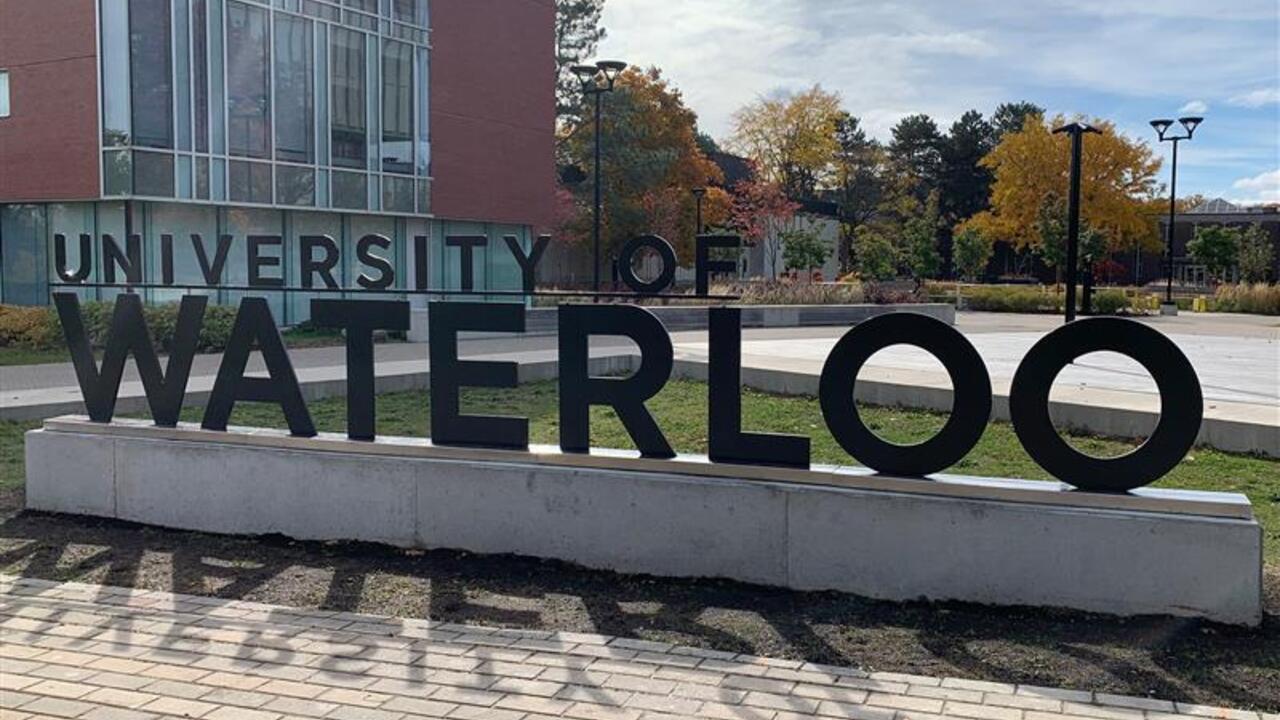
Weather bomb shows rising cost of climate change
University of Waterloo expert is available to talk about how extreme weather is a reminder of how climate change reflects not only global warming, but also more frequent brutal weather events

University of Waterloo expert is available to talk about how extreme weather is a reminder of how climate change reflects not only global warming, but also more frequent brutal weather events
By Media RelationsJason Thistlethwaite - Faculty of Environment
Thistlethwaite is a professor and researcher in the Faculty of Environment at the University of Waterloo. He studies the economic effects of climate change, natural disasters and extreme weather. He specifically measures the local costs of extreme weather, property insurance and disaster assistance.
“The bomb cyclone is another reminder that our coastal communities are underprepared for the economic risks of climate change. Warmer ocean temperatures associated with climate change are fuelling this massive east coast weather maker. Business closures, road accidents and coastal flooding all represent significant costs that go unplanned for among all levels of government. Despite warnings that climate change will cost our pocketbooks, governments have yet to embrace the adaptation that can save money now for taxpayers.”
- Jason Thistlethwaite

Read more
An ambitious research collaboration with Habitat for Humanity is reimagining home ownership across Waterloo Region and Canada

Read more
Here are the people and events behind some of this year’s most compelling Waterloo stories

Read more
Researchers awarded funding to investigate ecology, climate change, repatriation, health and well-being through cultural and historical lens
The University of Waterloo acknowledges that much of our work takes place on the traditional territory of the Neutral, Anishinaabeg, and Haudenosaunee peoples. Our main campus is situated on the Haldimand Tract, the land granted to the Six Nations that includes six miles on each side of the Grand River. Our active work toward reconciliation takes place across our campuses through research, learning, teaching, and community building, and is co-ordinated within the Office of Indigenous Relations.